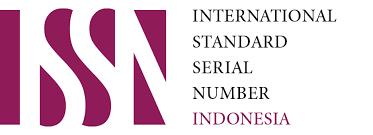Women's Empowerment Through Food Diversification Program (A Study In Banjarangasana Village, Panumbangan District, Ciamis Regency)
DOI:
https://doi.org/10.19184/jlc.v8i2.47959Keywords:
Women's Empowerment, Food Diversification, Gender EqualityAbstract
The lack of knowledge in food diversification among women in Banjarangsana Village has led to the underutilization of local potential and a lack of innovation in food diversification management. Empowering women has been the main focus in efforts to achieve gender equality and sustainable development. This research aims to understand the stages of women's empowerment through food diversification in Banjarangsana Village, Panumbangan District, Ciamis Regency. A qualitative research approach was used, involving interviews with program participants, observation, and document analysis. The stages of the program include enabling, strengthening, protecting, supporting, and sustaining. The results of this research indicate that through enabling, there has been an increase in women's knowledge, skills, and self-confidence, as well as an improvement in the economic welfare of families. Strengthening shows that support from family, mentors, and the local community plays a significant role in the success of the program. Additionally, the program provides social support to women, including increased self-confidence and understanding of their rights. Through collaboration and support networks among women, they can exchange experiences and support each other in overcoming challenges in running abon production businesses. Overall, this program contributes to women in Banjarangsana Village in enhancing their economic independence, expanding social networks, and changing gender role dynamics in households and the wider community. This program is also a significant step towards food security and gender equality in the local context of Banjarangsana Village






.png)









